
May 19, 2025
Your Holiday of a Lifetime: Expertly Planned, Effortlessly Enjoyed
What if the most meaningful holiday you ever had didn’t include shopping, cooking, or cleaning? What if it didn’t involve long to-do lists, endless hosting, or tangled holiday lights? …

Apr 01, 2025
What’s the Best Safari in Africa for You?
Looking for the best safari in Africa? We’ve been perfecting ours since we started running them in 1981. No matter how you want to see the wildlife, we have…
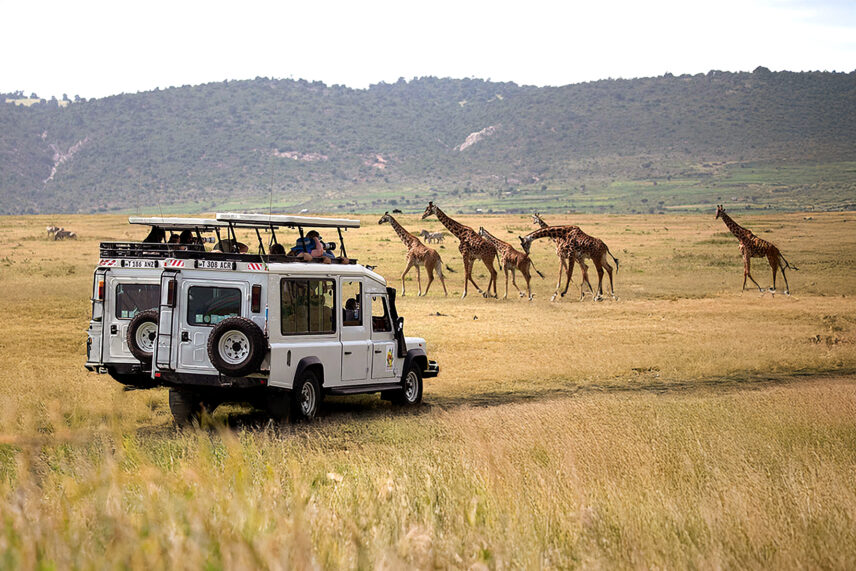
Mar 26, 2025
Advice from Tanzanian Staff: Insider Tips for a Perfect Trip
Guests can attest that Thomson brings the magic of Tanzania to life! The dedicated team in Boston, MA handles the logistics and planning while the expert crew on…

Jan 10, 2025
How to Prepare Your Kids for Safari
A family safari is a once-in-a-lifetime experience that sparks curiosity and wonder in children. The magic of seeing wild animals up close, learning about different cultures, and marveling at the…
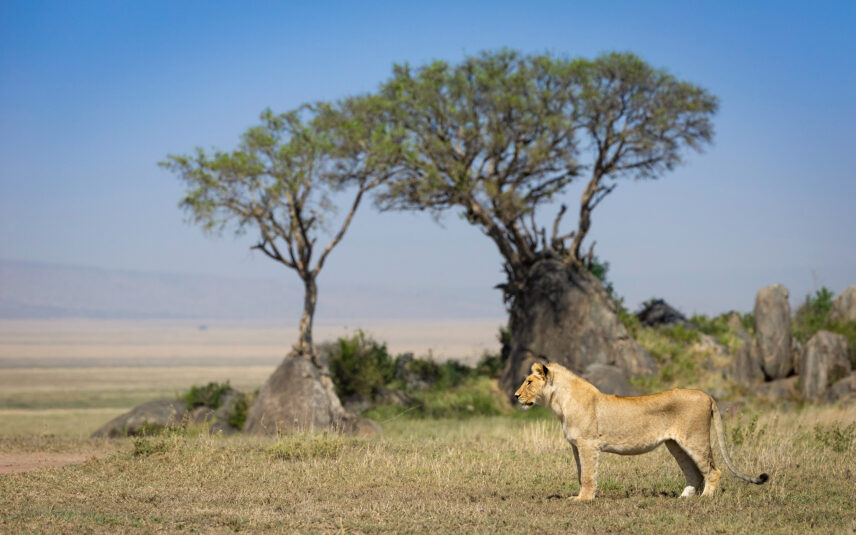
Nov 20, 2024
When is the ‘Best’ Time to Safari in the Serengeti?
Is there a best time to safari in the Serengeti? Depends! What people consider “best” is a matter of preference regarding weather, wildlife and travel season. Let’s break…

Nov 06, 2024
What to Expect on a Green Season Safari
Travel in the off-season anywhere in the world, and you’ll be rewarded with the usual perks like fewer crowds and affordable prices. Safaris in the green season provide these…
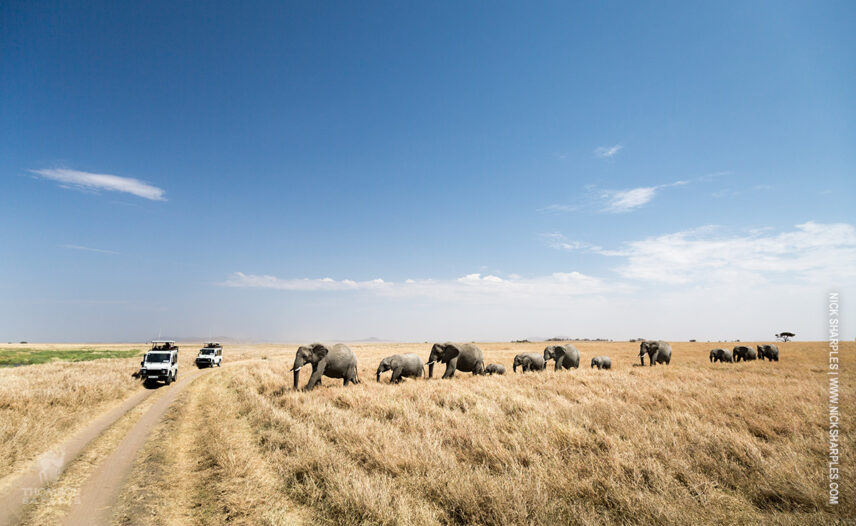
Sep 17, 2024
3 Amazing Places to See Elephants in Tanzania
The sun hangs low in the sky, and everything feels like it’s starting to slow down in the Serengeti when you notice that the Land Rover is stopping near a…

Sep 05, 2024
23 Safari Words and Phrases You Should Know
On your safari, you are going to hear words and phrases you may never have heard before and might not understand. To be as prepared as you can, we recommend…
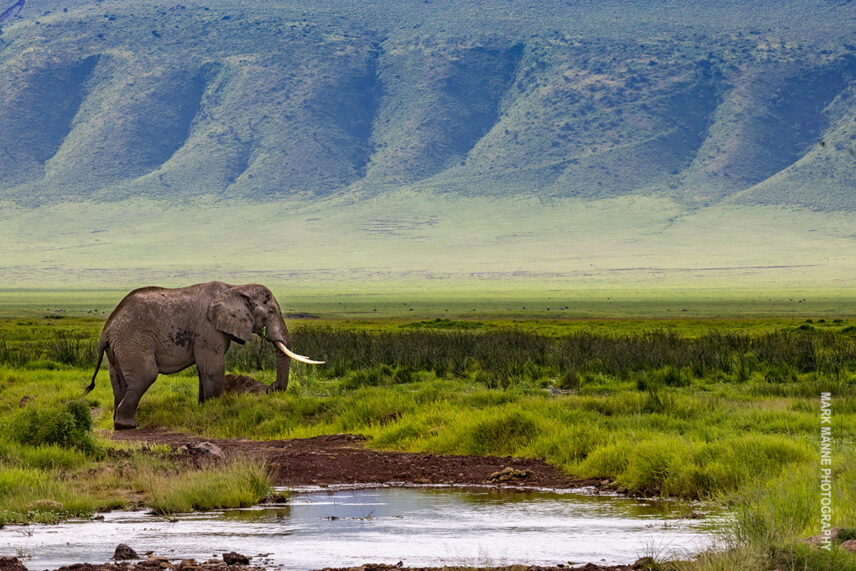
Aug 30, 2024
How’d You Get That Shot? Wildlife Photography with Mark Manne
Capturing nature’s most awe-inspiring moments takes much more than good luck and a quick trigger finger. Careful planning, serious skill, and a little bit of luck are needed to create…

Aug 04, 2024
5 Reasons to Take the Serengeti Hot Air Balloon
There’s a generous supply of life-changing moments on the Serengeti plains, but one experience soars above the others in terms of memorability. Serengeti Balloon Safaris brings guests on…
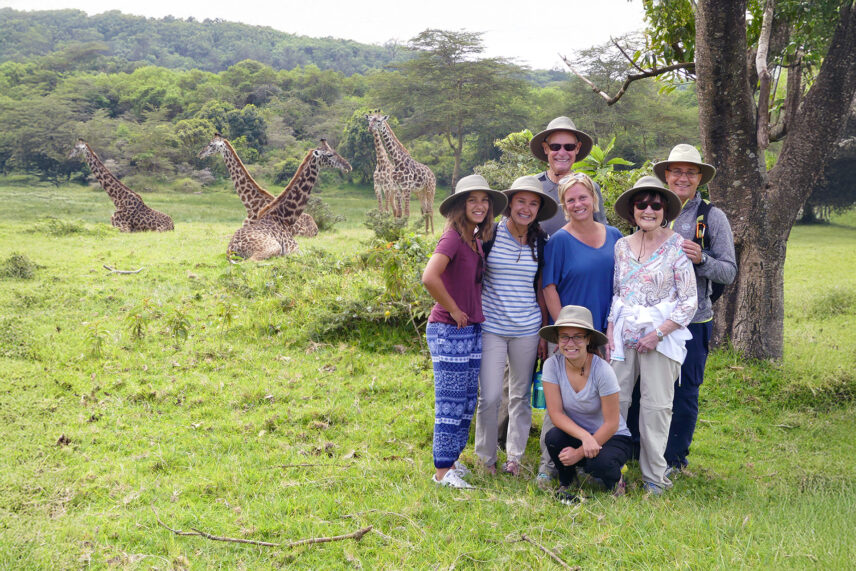
Jul 18, 2024
7 Reasons to Go on a Family Safari with Thomson
Safaris can be life-changing trips, but there are few experiences for kids that are more powerful. Imagine seeing the majesty of the Big 5 as a little one: that’s an…

Jul 15, 2024
The Ultimate Guide to Safari-Ready Cameras
There are few moments more rewarding than hearing your camera click on a tower of giraffes nipping at the treetops or cheetahs chasing prey with heart-stopping bursts of speed. Yet finding the…


